Heater Replacement Cost:
What You Need to Know
When thinking about replacing your water heater, it's crucial to have a grasp of the expenses and factors that affect costs. A dependable hot water system is essential to any home; however, the budget might be a challenge. Whether opting for an electric or gas water heater, it is vital to learn about its potential cost before upgrading your home.

When do you need to replace a water heater?
It's important for homeowners to replace worn-out water heaters to have a consistent supply of hot water, but how do you know when it's time for an upgrade? Here are a few factors to consider:
Water heaters typically last for 8-12 years, and it's generally a good idea to replace yours if it's older than this range.
If there is corrosion in the tank, it's a strong indication that replacement is necessary.
Some leaks may be fixable without replacing the entire unit, but others will require a new water heater.
If you're experiencing a lower hot water supply or finding that you run out of hot water faster than usual, it may be time to consider the replacement of your water heater.
It is advisable to take proactive steps to ensure that your home's hot water needs are met regularly, rather than waiting for an old unit to fail.

What affects the cost of replacing a water heater?
The cost of replacing a water heater can vary for several reasons, including:
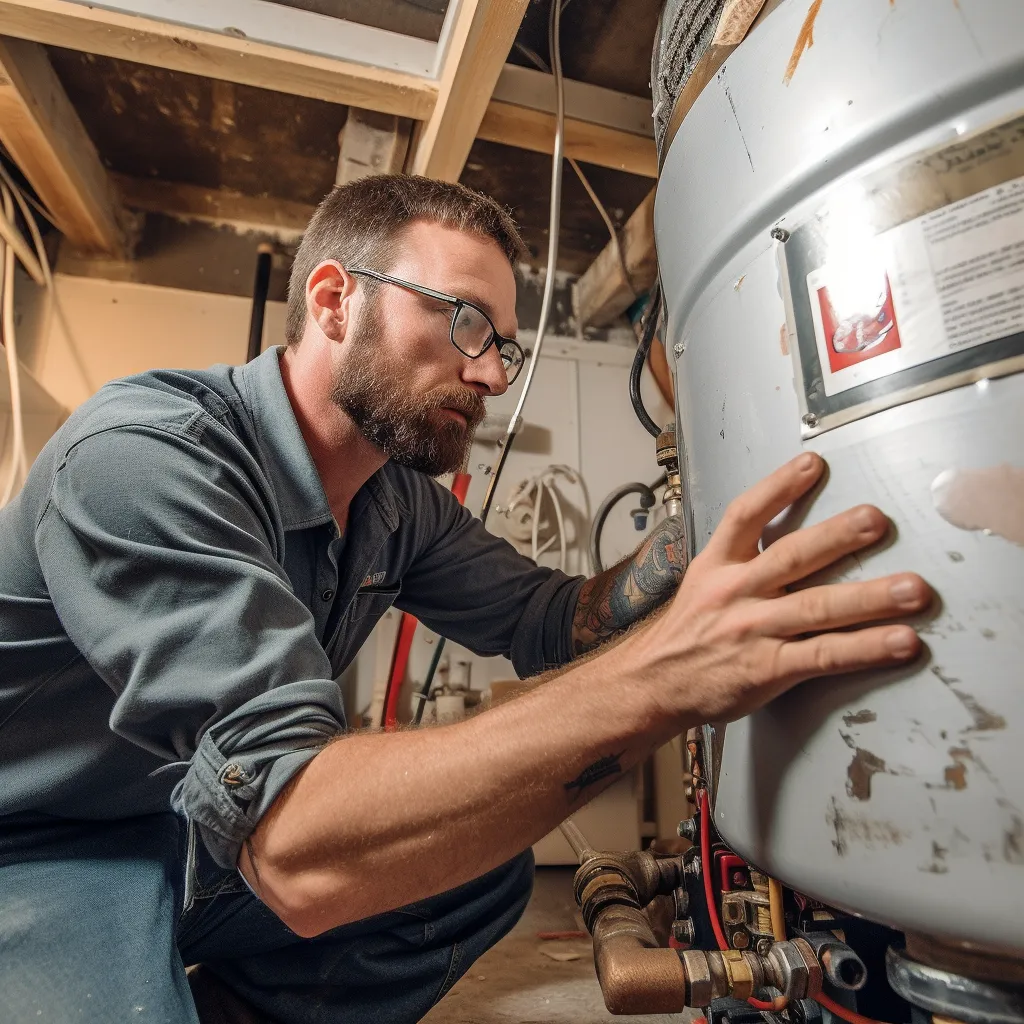
Type of water heater: Some models are more expensive due to their size and energy efficiency ratings, regardless of whether they run on gas or electricity.
Size of the unit: Larger units typically come with a higher price tag.
Extras: Adding automatic shutoff valves or pressure relief valves will increase the overall cost of replacement.
Installation costs: The total cost of installation will depend on the complexity of the project, additional materials needed, and whether new pipes or venting systems are required.
Labor costs: Professional plumbers may charge hourly rates or a flat fee for their labor.
Permits: Depending on your local building codes, permits may be necessary before any work can begin.
Location: The availability of technicians and the cost of living in your region can both impact the final price.


Benefits of replacing
an old water heater
with an energy-efficient one
IBuying an energy-efficient water heater has several benefits:
Certain water heater models can be more expensive based on their energy efficiency and size, regardless of whether they utilize gas or electricity.
Choosing an energy-efficient water heater can significantly reduce utility costs, consuming half as much energy as traditional models while providing a more comfortable and consistent hot water flow and temperature.
Not only are energy-efficient models more durable but they also represent an eco-conscious choice by reducing overall energy consumption.

How to select the appropriate size
of water heater you need for your home
Choosing the right size for a hot water heater is paramount. If it's too small, your household will face cold showers, while an excessively large heater leads to energy waste. Key factors affecting sizing selection include:
Household size is a crucial consideration for buying a water heater; bigger households require larger tanks.
The type of fuel source you choose also matters; electric heaters generally have smaller tanks than gas heaters.
If you need hot water for multiple purposes, such as laundry, a larger tank is recommended.
Living in a colder region may warrant selecting a bigger tank to maintain hotter water.


Research the different options for water heaters
Choosing the right water heater for your home involves considering a range of options. Traditional tank models store hot water, while tankless ones only heat it when needed, saving energy. Hybrid models combine the benefits of both, and are more efficient than regular tanks. For those prioritizing eco-friendliness, solar models use sunlight, while heat pump models leverage the atmosphere to provide warm water. By reviewing these options, you can select the right water heater for your needs.
tives can help zero in on an ideal option.
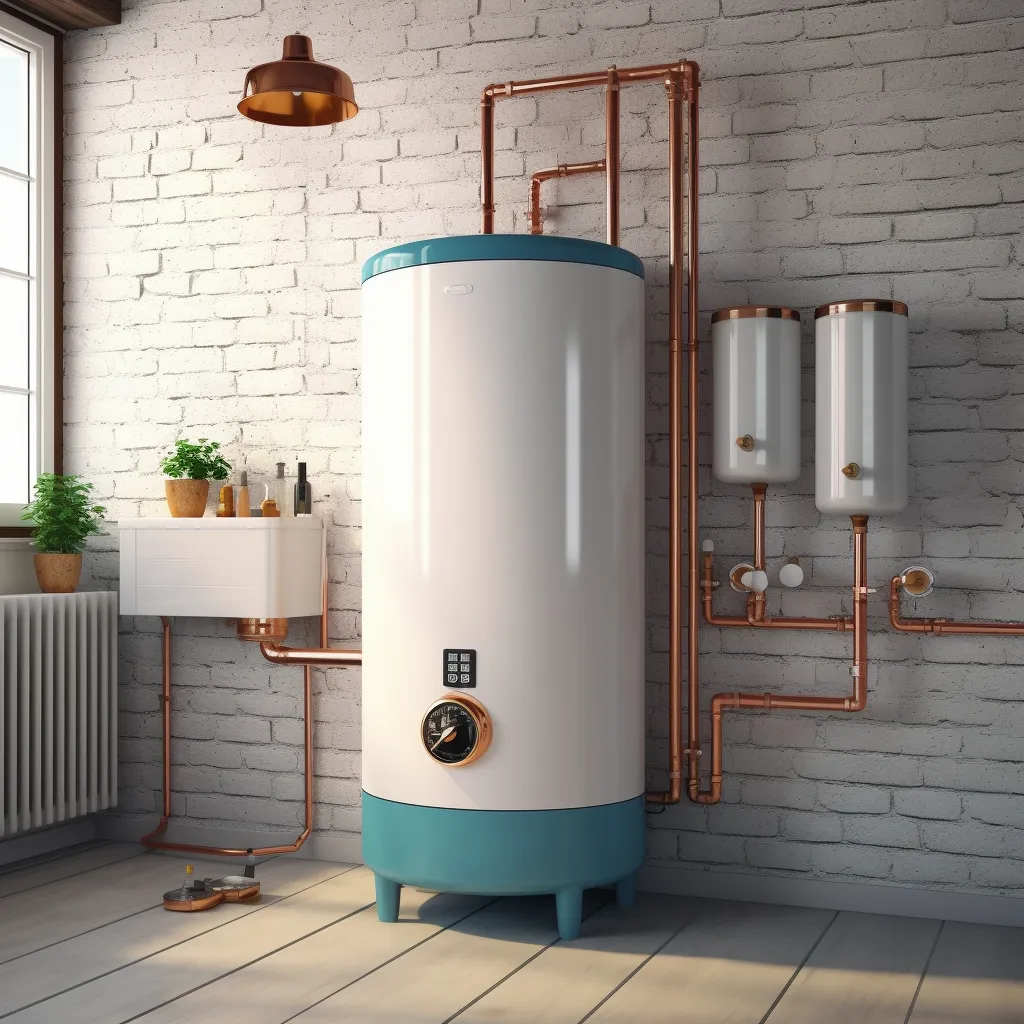
Cost of each type of water heater
Replacing water heaters comes with a hefty price tag. The final cost depends on the unit selected.
Traditional tank heaters offer affordable upfront pricing, but the longer-term costs, such as energy bills, can pile up.
On the other hand, tankless heaters are pricier upfront, but as a result, last longer and have lower monthly energy bills.
Heat pump heaters' moderate prices provide the potential for significant future savings.
Solar heaters are the most eco-friendly option and bring long-term cost savings, yet they require a large upfront investment.
For those interested in smartphone-controlled water heaters, smart heaters offer the convenience of phone control with the added benefit of energy savings.
Condensing heaters provide superior efficiency but are at the high end of the price scale.
When deciding between gas and electric models, you may find gas to be the cheaper option initially, but electric heaters can be more energy-efficient.
Direct vent heaters are the most budget-friendly option, whereas power vent models come with a higher price tag of between $700 and $1,200.
Installation and ongoing maintenance
cost for each type of water heater
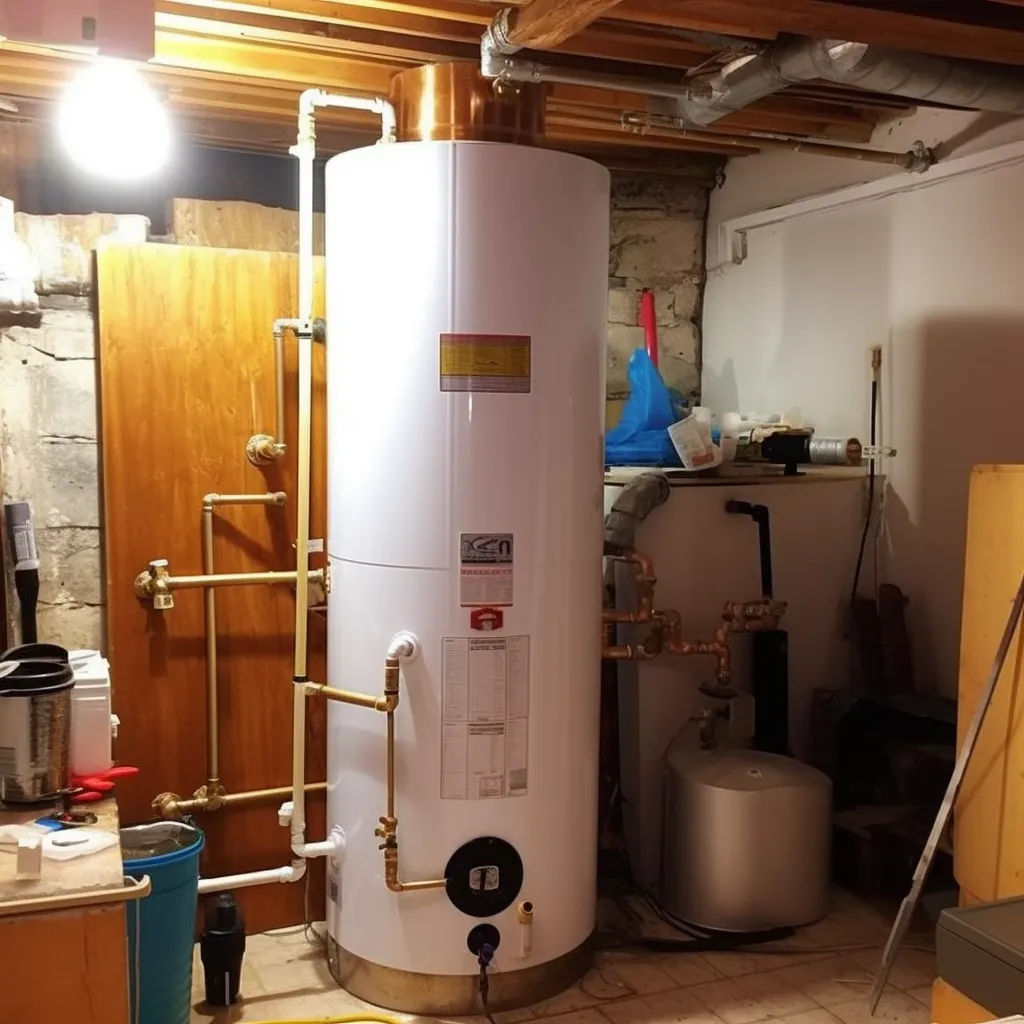
Selecting the right water heater requires factoring in installation and maintenance costs. Tanks offer low installation costs but pricier maintenance over time, whereas tankless heaters have higher installation fees but are less expensive to maintain, resulting in long-term savings. Heat pump heaters, which share a similar installation cost with tankless heaters, require slightly higher maintenance costs. Solar heaters tend to be expensive to install as they must be connected to your home's plumbing system.
In addition to installation and maintenance costs, fuel prices should also be taken into account. Gas heaters tend to be more cost-effective than electric models due to lower energy costs, but may not be available in some areas.

How to get an accurate estimate
for the cost of a water heater
Obtaining a precise estimation of the total cost to replace your water heater, including installation, may require conducting research.
To begin, determine the appropriate size and type of water heater based on your household size and hot water usage.
It's recommended that you research local plumbing companies and gather quotes for installing and upgrading your system.
To ensure you account for all expenses, consider the cost of the water heater itself, any necessary warranties, and additional features.
Tips to save money on installing a new water heater
Here are some ways you can save money on a new water heater:
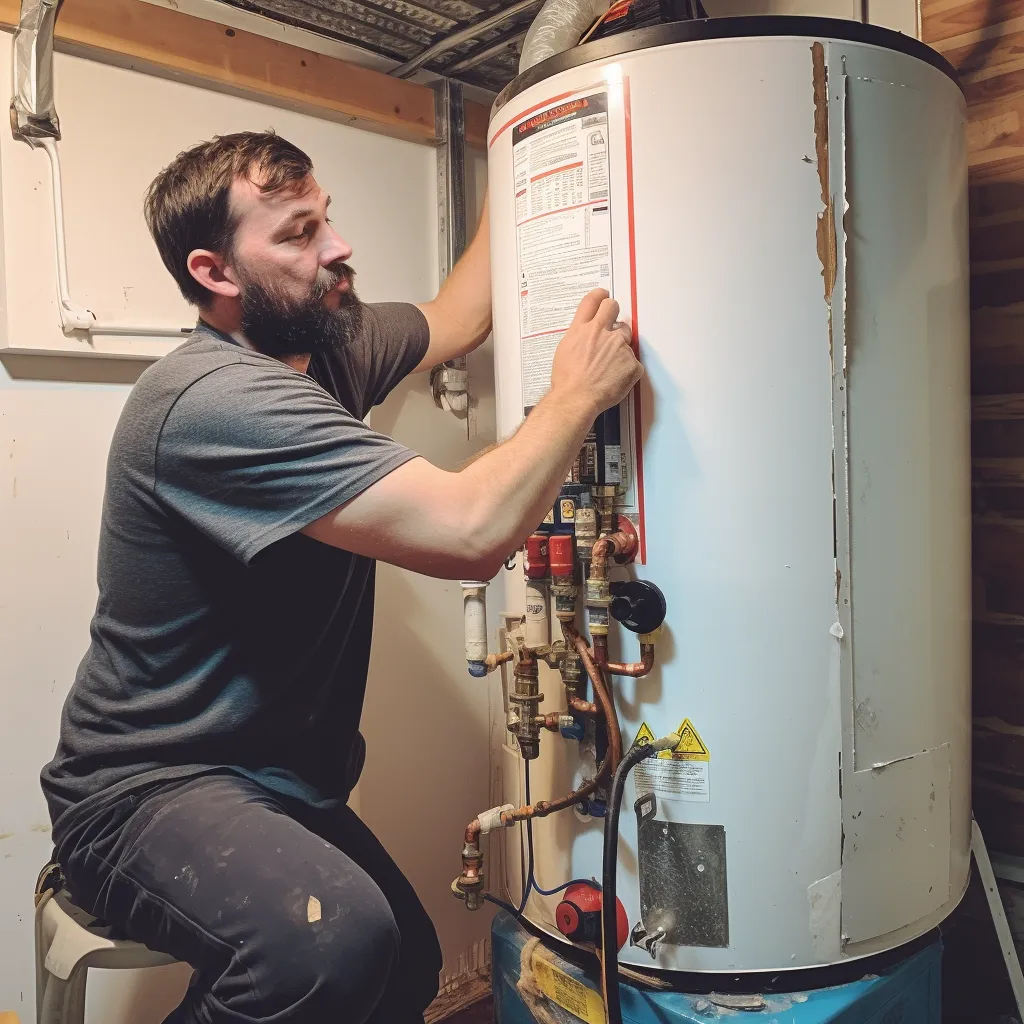
When shopping for a new water heater, compare prices from various retailers and plumbing companies to save money.
You may qualify for rebates or tax credits from your local utility company.
Investing in an energy-efficient model, despite the higher upfront cost, is a smart choice. Don't just consider the upfront price, but also the total cost of ownership.
Look for bundle deals and manufacturer warranties.
Inspect used water heaters thoroughly before buying, as they may be a good option if you're on a tight budget.
Installation of many water heaters requires special tools and technical knowledge, so it's best to hire a professional to ensure that the job is done correctly.
What to do if you need services
to replace your water heater
When in the market for a new water heater, comparing prices from different retailers and plumbing companies can result in savings. It is also crucial to choose a licensed and trustworthy water heater professional for replacements. Ensure that the specialist is knowledgeable about water heaters and keep the following tips in mind:
Check customer reviews on company websites, Yelp, or Facebook.
Confirm that the plumber specializes in water heater replacement.
Ensure that they have a valid license and insurance policy.
Get at least three quotes from different companies to find the best price.
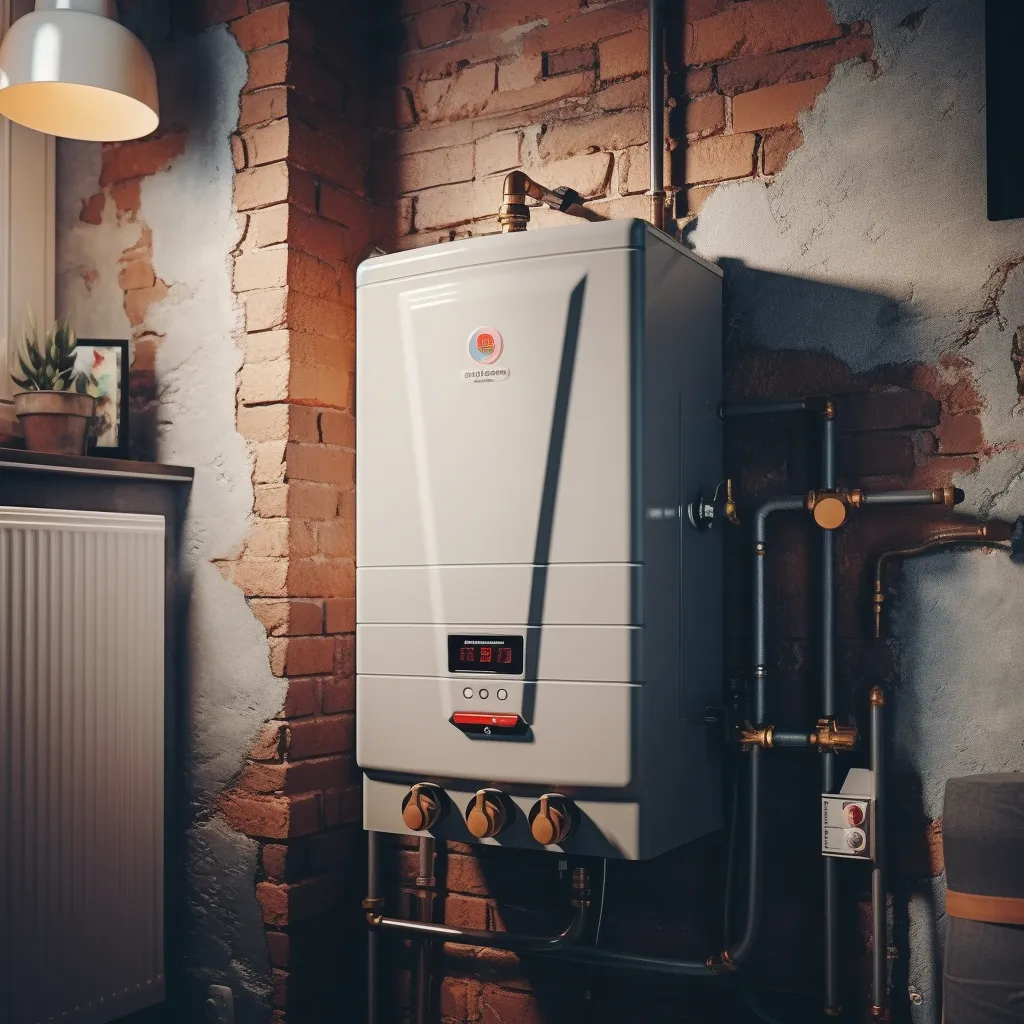
A reliable professional
will be able to:
We can help you with your water heater needs. Our services include:
Checking for repairs or replacement.
Providing an estimate of the cost (including labor, materials, and taxes).
Assisting in selecting the best water heater as per the client's requirements (size, efficiency, and price).
Carrying out the complete installation process (removal of old water heater and installation of new water heater).
Providing a warranty on both our workmanship as well as the parts used.

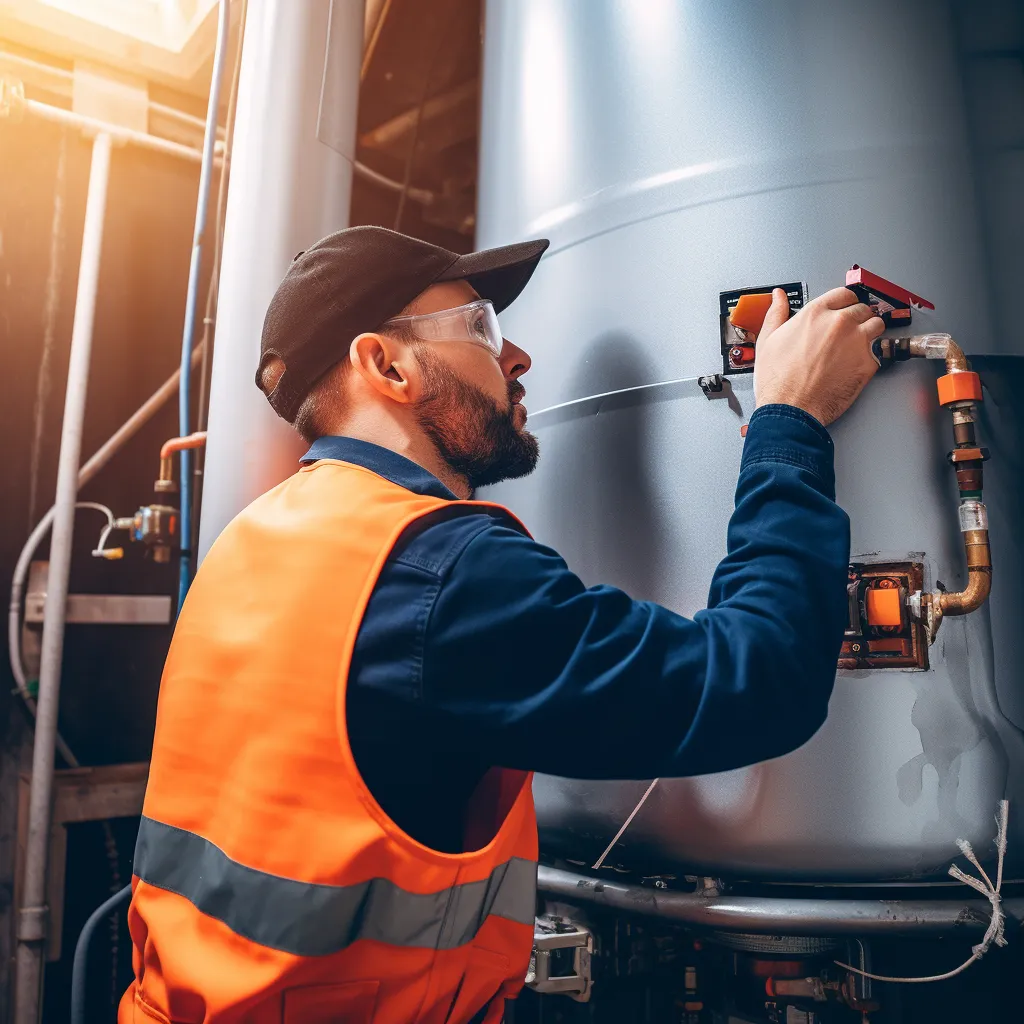
Remember, water heaters don't last forever
Knowing when to maintain or replace your water heater is crucial in maximizing its lifespan, which can range from 6-12 years based on its usage and efficiency. Several factors impact the cost of purchasing a new water heater, such as type, size, installation/maintenance fees, rebates, incentives, and extended warranties for energy-efficient models. To make the best decision for your situation, do your research, and compare various water heater models. If it's time to replace your water heater, consider reaching out to a licensed professional to save you both time and money in the long run.
Contact Us
GET IN FULL TOUCH
PHONE:+(803) 784-1514
EMAIL:
julio@waterheaterwestcolumbia.com
Merritt Plumbing & Heating
West Columbia, SC 29171
